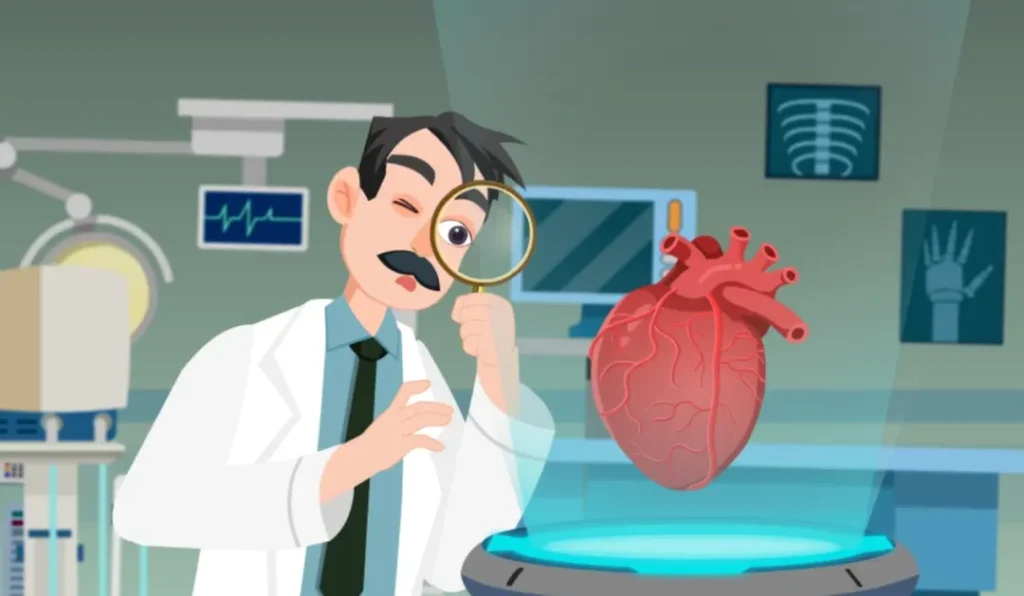As winter arrives, cardiovascular patients nationwide witness an increase in cases. Winter is a peak season for cardiovascular diseases, particularly life-threatening conditions like acute myocardial infarction, aortic dissection, and stroke.
01 Climate Characteristics in Winter: Due to the cold and significant temperature fluctuations between day and night, blood vessels tend to contract, inducing spasms that can lead to severe cardiovascular conditions such as acute myocardial infarction and acute heart failure.
02 Additionally: In autumn and winter, the consumption of high-calorie, high-fat foods can elevate blood lipids and slow blood flow, potentially leading to thrombosis and triggering myocardial infarction.
03 Moreover: Infectious factors such as winter influenza, pneumonia, and chlamydia are significant contributors to cardiovascular diseases. Vigilance against viral and bacterial invasions is crucial.
04 Finally: Inadequate timing and intensity of exercise in winter can lead to increased blood supply to other body parts, causing relative insufficient blood supply to the cardiovascular system. This is particularly relevant for those who engage in intense morning exercises, as platelets tend to aggregate in the morning, leading to increased blood pressure and heart rate, elevating the risk of coronary heart disease, angina, and myocardial infarction.
How to Identify a Myocardial Infarction: If symptoms such as chest pain, especially during intense activity, emotional excitement, or exposure to cold, persist for more than half an hour and are characterized by a feeling of tightness or pressure in the chest, accompanied by difficulty breathing and sweating, rest or the use of nitroglycerin and quick-acting heart-rescue pills fail to alleviate the symptoms, there is a high suspicion of acute myocardial infarction. At this point, time is of the essence, and prompt medical attention is crucial.
“Early opening of coronary arteries, reducing the infarct area, and saving the dying myocardium” is the treatment principle for acute myocardial infarction. Given the rapid onset and progression of myocardial infarction, which may be life-threatening, our hospital has established a green channel for the treatment of myocardial infarction patients. These patients are granted priority in various departments, including registration, emergency, outpatient, laboratory tests, and examinations. In short, myocardial infarction patients can register, consult, test, and receive treatment promptly.
A friendly reminder for coping with cold weather:
01 Boost Immunity: Winter is a season of increased prevalence for infectious diseases. Viruses are widespread in the natural environment, and maintaining a robust immune system plays a crucial role. Adequate protein intake, sufficient sleep, and overall immune enhancement are recommended.
02 Engage in Moderate Exercise: Winter exercise can promote blood circulation. Indoor activities, such as following workout videos at home, are preferred over prolonged outdoor activities to avoid inhaling large amounts of cold air, which can stimulate blood vessels.
03 Watch Your Diet: Avoid excessive eating and drinking. Cold weather tends to trigger cravings, but it’s essential to refrain from excessive consumption of saturated fats, pork belly, and fatty foods, as they can lead to elevated blood lipids.
04 Lastly, Seek Timely Medical Attention for Any Issues.
